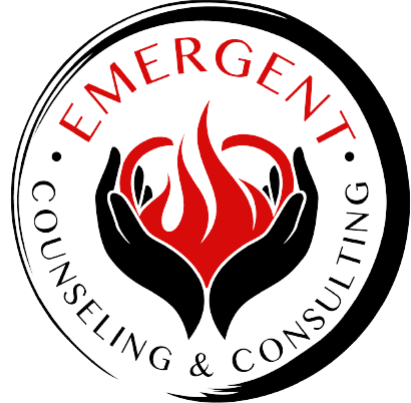The Connection Between Trauma & Addictions

A Trauma focused Lens on Addictions
Escaping Addictions
By Ashanti Shakespeare
She tried to heal,
But she began to feel,
The hurt abuse and pain
The years of trauma that covered her brain
Using pills and potions to feel sane
To only discover, the memories would come back to haunt her again.
There wasn’t a high she could chase,
A stiff liquor she could taste,
A romantic lover she could escape
Or a lifestyle she could embrace
Without understanding that the addiction was a means to escape
From the places in her mind and heart that she didn’t want to face
Its’ time to get back in the race
& find her healing in this place.
To understand addictions, you must first learn to understand the root causes and reasons why people turn to them in the first place. Many people often view addictions as more of a “poor habit” or a “lack of self-control” instead of a disease. Most people who suffer from any form of addiction have significant life stressors or trauma whether it be past or current experiences. Trauma has a way of affecting our mental, physical and medical well-being. Trauma can become so impactful in ones’ human experience that it can drastically affect their relationships, work life balance and even daily function. People who struggle to navigate through their trauma often take up a replacement behavior to suppress the negative feelings associated with the trauma. It typically takes 21 days for someone to create a habit that becomes consistent whether good or bad. Imagine for a second that one could actually become addicted to excessive eating, alcohol, pornography and even gambling if they practice the behavior for 21 days straight. Now add to that to someone who has experienced a significant life stressor or trauma and does not feel safe in their bodies, with their memories or with anyone else at that matter. The desire to escape becomes so profound that they are often chasing a feeling that provides a sense of “numbness” “dissociation” and “escape”.
Take my client who I shall name “Tonia”. Tonia is a 35-year-old woman who experienced sexual, physical, verbal and mental abuse from the age of 6 years old from a trusting relative in the home. Tonia has limited memories of her childhood feeling safe or loving. Tonia describes often feeling “judged”, “neglected” and “used” by her relatives and trusting family friends. Tonia became pregnant at the age of 16 and only endured more ridicule for being “fast” “promiscuous” and “disappointing”. Tonia began using illegal substances around the age of 16, desiring to find an “escape” and not having to face the pain of her trauma and failures. Tonia is now fighting the use of her addictions by engaging in therapy, psychiatric services and support groups. Tonia realized that she no longer wanted to be the victim of her past, but rather the survivor of her current life and future.
Although not everyone who experiences a trauma in their life turns to addiction, there are many that do. I realize it can be very easy to judge a person who struggles with any form of addiction, but in my experience, it is much more important to ask, “why do you use?” rather than “why can’t you abstain?”If you or someone you know has experienced a trauma or life stressor and is now currently struggling with an addiction, I encourage you to reach out for a support system. Seeking professional supports such as support groups, therapy or even psychiatric help can go a long way. Whatever you decide to do, DO NOT DO IT ALONE. Healing was never supposed to be an isolated journey and it often takes you reaching out for help.
We’re glad you found us, thank you for stopping by!
We would love to answer your questions! Simply fill out the contact form below and we will be in touch with you soon.
We’re looking forward to being your healing partner!
Looking for different healing services
At Emergent Counseling & Consulting LLC, services are person-centered, culturally sensitive, stigma-free, holistic and strengths-based.
Our services are tailored to meet your needs and help you develop the skills needed to get rid of anxiety and depression, and enhance your quality of life. Our methods are non-invasive, short-term evidenced-based techniques such as Brainspotting, and Emotional Freedom Technique (EFT Tapping), which simple and focused on reducing the intensity of distress associated with anxiety and depression.

